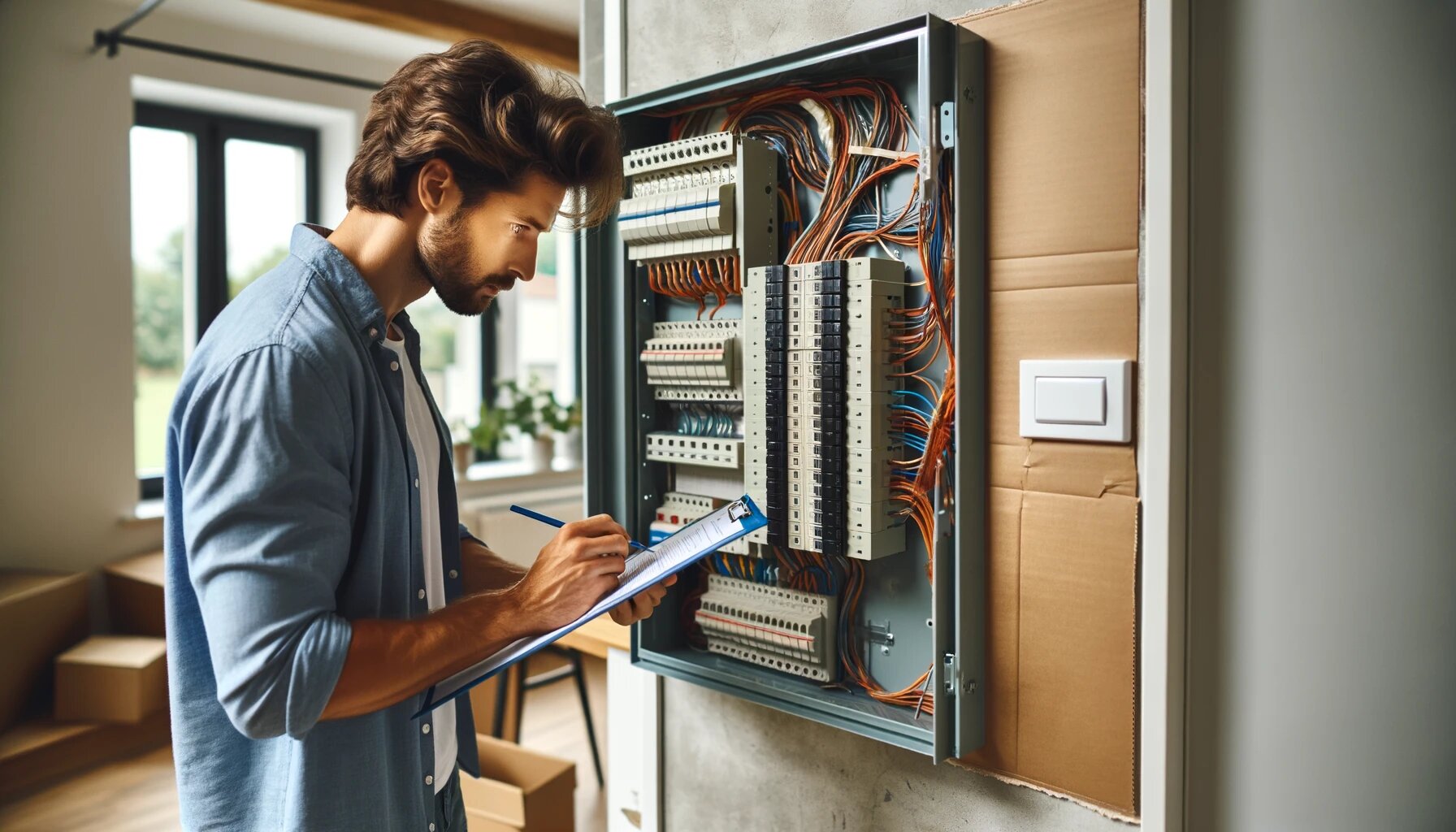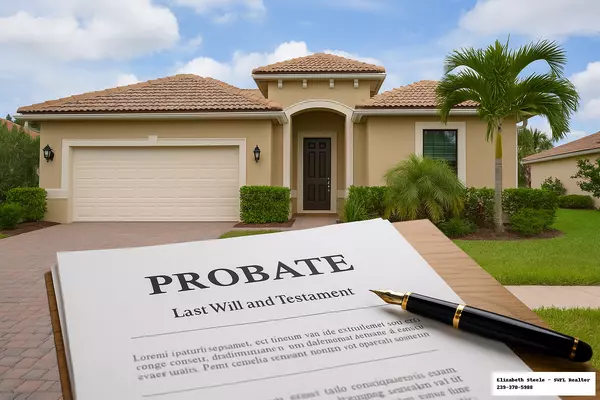6 Essential Things to Check Before Buying a Home

Buying a home is one of the most significant investments you'll make, so it's crucial to ensure you're making a sound decision. Prevent unexpected costs and headaches by thoroughly checking these six essential aspects before finalizing your purchase.
1. Date of Electrical Updates

Old or faulty wiring can cause major safety concerns and expensive repairs. Here’s what to check:
- Proof of Updates: Ask to see documentation for any electrical updates. This can help verify that the electrical system is up to code.
- Electrical Panel: Inspect the panel for quality workmanship. Look for signs of tampering or poor installation.
- Outlet Testing: Bring a small device like a phone charger to test all outlets in the home. Ensure they are functioning properly and that there are enough outlets for your needs.
2. Date of Plumbing Updates

Plumbing issues can lead to costly repairs and damage. Make sure to:
- Inspect Fixtures: Check all faucets, toilets, and showers for proper operation and any signs of leaks or corrosion.
- Appliance Testing: Test appliances that utilize plumbing, like dishwashers and laundry machines, to ensure they work correctly.
- Look for Leaks: Check under sinks and around toilets for signs of leaks, mold, or water damage. Even small leaks can lead to significant issues over time.
3. Date of Major Appliance Upgrades

Non-functional appliances can be a financial burden. Ensure you:
- Check Upgrades: Ask about the dates of any major appliance upgrades. Newer appliances are often more energy-efficient and reliable.
- Test Appliances: Test the fridge, oven, microwave, dishwasher, washer, and dryer. Verify they are in good working condition and meet your needs.
4. Any Reported Foundation Issues

Foundation problems can significantly impact the structural integrity of a home. Be on the lookout for:
- Sagging Floors/Ceilings: Signs of foundational problems that could indicate significant underlying issues.
- Bowed Walls: These can suggest serious structural problems that may be costly to repair.
- Musty Smells: Could be a sign of basement moisture problems, which can lead to mold and structural damage.
5. Age of the Roof

The condition of the roof is critical for the overall health of the home. Consider:
- Roof Age: Roofs older than 25 years may need replacement soon, especially if they haven't been well-maintained.
- Shingle Condition: Look for cracked, buckling, or damaged shingles. These are signs that the roof may need repairs or replacement.
- Gutter Debris: Check for shingle granules or broken pieces. Excessive granules in gutters can indicate the roof is deteriorating.
- Signs of Rot: A sagging roof or growth of moss, mold, or fungi indicates potential problems that could lead to leaks and further damage.
6. Age of Windows/Any Window Updates

Windows should be both functional and energy-efficient. Don’t forget to:
- Check Updates: Ask about the age of windows and any updates made. Newer windows can significantly improve energy efficiency.
- Test Functionality: Open and close all windows, doors, and shutters to check for drafts and ensure proper operation. Poorly sealed windows can lead to higher heating and cooling costs.
A new home is a big purchase, and it's important to feel confident about your investment. By following these tips, you can avoid unexpected costs and ensure your new home meets your expectations. If you have any questions or need further advice, don't hesitate to contact me. I'm always here to help!
Elizabeth Steele PA
Professional Real Estate Consultant
MVP Realty
realestateservicenow.com
Email: esteelerealestate@gmail.com
Phone: 239-370-5988
Categories
Recent Posts











